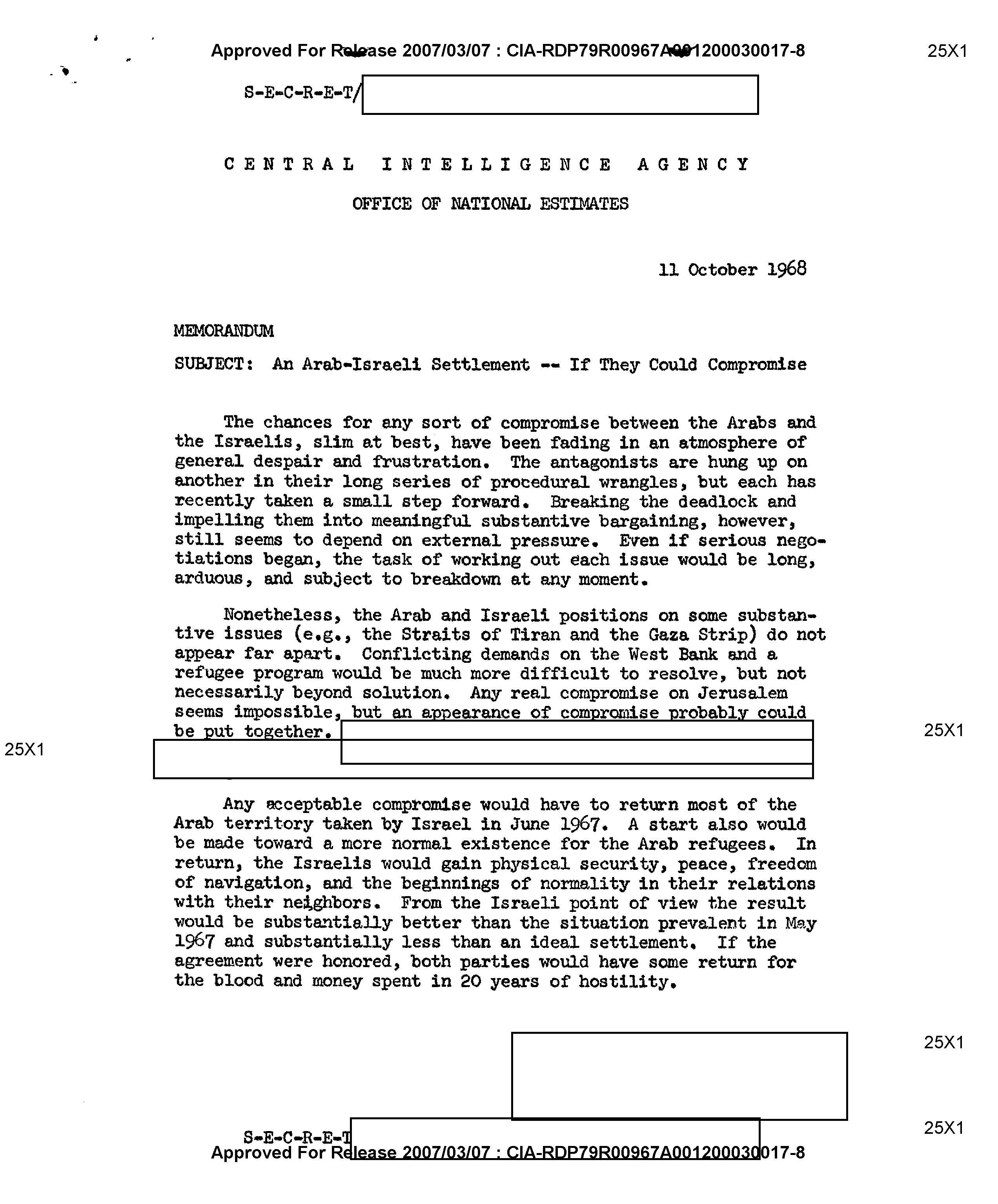Security Expert: Threats Against US Jewish Institutions Part of ‘Unfortunate Growing Trend’
The bomb threats received by more than a dozen Jewish community centers across the US on Monday — leading to evacuations at some of them — were part of an “unfortunate growing trend,” an international security consultant and political risk analyst told The Algemeiner.
“There has been an increase in non-profit organizations — both Jewish and not — receiving these types of bomb threats, whether through robocalls or other telephonic means,” Dr. Joshua Gleis, president of Gleis Security Consulting, said.
One reason for this, according to Gleis, is technology.
“It’s very easy today to anonymously make phone calls,” he noted. “Law enforcement cannot always find out where they are coming from.”
The perpetrators, Gleis said, might “just be looking to sow fear in the community.”
“But another concern, which is more sinister, is that it is not just to create panic and fear, but really, God forbid, to see how different organizations respond and then potentially attack them while they’re responding — for example attack them while they are evacuating, where they could be potentially more vulnerable because now there are hundreds of people outside,” he added.
Evacuating a threatened building, Gleis pointed out, might not always be the best move.
“You have to start to think like a bad guy,” he said. “Why are they calling in a bomb threat and should you in fact evacuate as a knee-jerk reaction? Often times the case is no. By not evacuating, you’re not exposing yourself to other potential threats — such as an active shooter or vehicular ramming outside. It doesn’t mean that you never evacuate, it just means there are specific times when you would evacuate, but much of the time — like on Monday when the threats were non-specific — you should not. Terrorists today who are looking to target Jews tend not to give them a heads-up beforehand.”
Another concern, Gleis said, is that the threats could be a diversionary tactic.
“All these times these things are making the news and nothing is happening,” he said. “They might do it again and draw all the law enforcement response to one place and hit another location, or just get people so attuned to assuming that it’s nothing that eventually they just ignore the threats and eventually there ends up being one that is serious and it is ignored.”
In general, in Gleis’ view, Jewish institutions “do not have proper security measures in place yet — be it a combination of proper training for staff, well-trained security guards and different target-hardening measures. Many are against doing so — not necessarily JCCs, but Jewish non-profits in general.”
“Unfortunately, we live in a time when we do need security and we have to be thinking about these things,” Gleis said. “And I actually think that by doing these things and being pro-active, instead of creating fear and panic, it actually does the opposite. To me, knowledge is power. So the more you can train yourself and understand how to better protect yourself, the safer you’re going to feel ultimately.”
Michael Feinstein — the president and CEO of the Bender JCC of Greater Washington, which was among the JCCs that received threats on Monday — told The Algemeiner that a review of security procedures was underway in the wake of the incident.
“I don’t know if it will lead to changes,” he said. “JCCs balance being open and welcoming with providing for the safety and security of our members and participants. We feel that currently we have the right procedures in place. We are always learning and seeking to improve what we do. External forces may require us to change what we do.”
Feinstein said he believed Monday was the first time ever that the Bender JCC — which opened in 1969 — had received a bomb threat.
“The possibility of a serious security incident is one of the things I lose sleep over,” he said. “There seems to be a recent uptick in hate speech and hate crimes. In our local area, there have been a number of instances involving antisemitic symbols. All of these actions seem to be intended to cause fear and disruption. We need to be vigilant in adhering to our security procedures and emergency response plans.”
****
There is history of this….
Honor Alberto Nisman’s sacrifice by continuing his probe of Iran
On Jan. 18, 2015, Argentine terrorism prosecutor Alberto Nisman was found dead with a gunshot wound to his head in what was almost certainly murder, not suicide. Whoever murdered him didn’t just want to kill him but rather his body of work. They wanted to bury the revelations he was about to make the very next day in front of the country’s Congress.
Nisman was in charge of investigating the 1994 bombing of the AMIA Jewish center that killed 85 people, making it Argentina’s deadliest terrorist attack. He assembled compelling evidence against senior Iranian officials whom he accused of masterminding the bombing. In 2007, on the basis of evidence compiled by Nisman, Interpol issued red notices for five Iranian officials. These red notices, akin to international arrest warrants, remain a black mark on their reputation.
In the case he was due to present in person to Congress, Nisman revealed other devastating evidence, this time against Argentina’s then-president, Cristina Fernandez de Kirchner. Nisman had legally secured thousands of wiretaps of Kirchner allies, Foreign Minister Hector Timerman and Iranian agents operating in Argentina. Nisman said the wiretaps and other evidence proved Kirchner was plotting to find a way to lift the red notices and buy immunity for the Iranian officials he held responsible for the AMIA attack in exchange for expanded trade with Argentina.
Nisman’s exhaustive investigations also found that Iran used its embassies, mosques and cultural centers to radicalize and recruit from the local population.
While Nisman’s death precluded him from presenting his accusations to the Congress, and Kirchner supporters spent almost two years deliberately keeping the complaint from being investigated in the courts, this month an Argentine court agreed to open an investigation into the allegations he assembled.
Some of the wiretaps discussed fabricating “new evidence” that would have been presented to a joint Iran-Argentina “truth commission” that Kirchner had negotiated with Iran purportedly to jointly investigate the AMIA bombing. Nisman believed the truth commission, part of a 2013 Memorandum of Understanding between the two countries, was a mechanism to whitewash Iran’s role in the AMIA attack. The memorandum was found to be unconstitutional before anything moved forward.
According to one account, one of those heard on the wiretaps, a Kirchner supporter, discussed inventing a culprit for the AMIA bombing.
“They want to construct a new enemy of the AMIA, someone new to be responsible,” he said. The blame would be placed on a “group of local fascists.”
Mauricio Macri, who was elected president of Argentina in late 2015, has distanced himself from Iran’s malign activities and taken constructive steps to investigate Nisman’s death. Macri is continuing the investigation into the AMIA bombing.
While opening an investigation into Nisman’s allegations is an important step forward that could prove determinative, it’s unclear whether Argentina’s judicial system will operate without a high degree of politicized partiality. Politics and the justice system remain closely aligned in Argentina, which the World Economic Forum ranked 121st out of 138 countries when it comes to judicial independence. Macri has an opportunity to reform the judicial system as he has begun to do for other parts of the government.
The investigation will have regional repercussions, as Argentina is not the lone target of Iranian penetration in the hemisphere.
In Peru, a Hezbollah operative, Mohammad Hamdar, is on trial. Authorities found bombmaking material and hundreds of photos of high-value Israeli and Jewish targets in his home. Hamdar and his new wife reportedly received money from Hezbollah, Iran’s proxy, to stage their wedding. Hamdar was designated by the U.S. Treasury Department as being a member of Hezbollah’s External Security Organization.
In Venezuela, President Nicholas Maduro recently named Tareck El Aissami to be his vice president. El Aissami is known for his ties to Hezbollah and Iran’s revolutionaries, and reportedly used his previous positions to supply fake Venezuelan passports to Syrian terrorists and drug smugglers.
These and other examples show how Iran views Latin America as a target-rich region for its revolution and should send red flags throughout the hemisphere.
Argentina and the United States can benefit from lessons learned from Nisman’s work.
First, Iran reportedly continues to seek the removal of the AMIA-related red notices. While Argentina must take the lead, the U.S. should support the effort to ensure the red notices are renewed by Interpol when they are up for review in November. There should be no statute of limitations on murder.
Second, the U.S. should support a transparent investigation into Nisman’s death. In addition to recent death threats to the prosecutor investigating Nisman’s apparent assassination, the crime scene has been compromised. Moreover, there has been evidence tampering in both the murder case and the AMIA investigation itself. Macri should have a zero-tolerance policy for this scheme and punish those who have engaged in it.
Tehran’s Argentine agents, such as those heard on the wiretaps, have not been tried or punished. Presumably their nefarious activities continue unfettered. Argentina should monitor their activities and hold them accountable.
Finally, the U.S. government should update the report mandated by the Countering Iran in the Western Hemisphere Act of 2012. General John Kelly, the nominee to become the head of the Department of Homeland Security, understands the challenge and noted that “Iran is willing to leverage criminal groups to carry out its objectives in the U.S. homeland.”
Along with ensuring an impartial examination of his final investigation, heeding the lessons from Nisman’s lifelong work will be a critical element of our national security.



 The Navy Memorial stage will feature leaders from every grassroots movement — immigrant rights, labor, environmental justice, women’s rights, Movement for Black Lives, LGBTQ equality, anti-war and others — as well as progressive leaders from the whole spectrum of faith communities. Artists, musicians and DJs will be performing throughout the day.
The Navy Memorial stage will feature leaders from every grassroots movement — immigrant rights, labor, environmental justice, women’s rights, Movement for Black Lives, LGBTQ equality, anti-war and others — as well as progressive leaders from the whole spectrum of faith communities. Artists, musicians and DJs will be performing throughout the day.




 The Gaza-based Unlimited Friends Association for Social Development (UFA) is close to the Palestinian Hamas movement.
The Gaza-based Unlimited Friends Association for Social Development (UFA) is close to the Palestinian Hamas movement.
 UFA
UFA  The Trump administration should take a close look at these and other charities.
The Trump administration should take a close look at these and other charities.